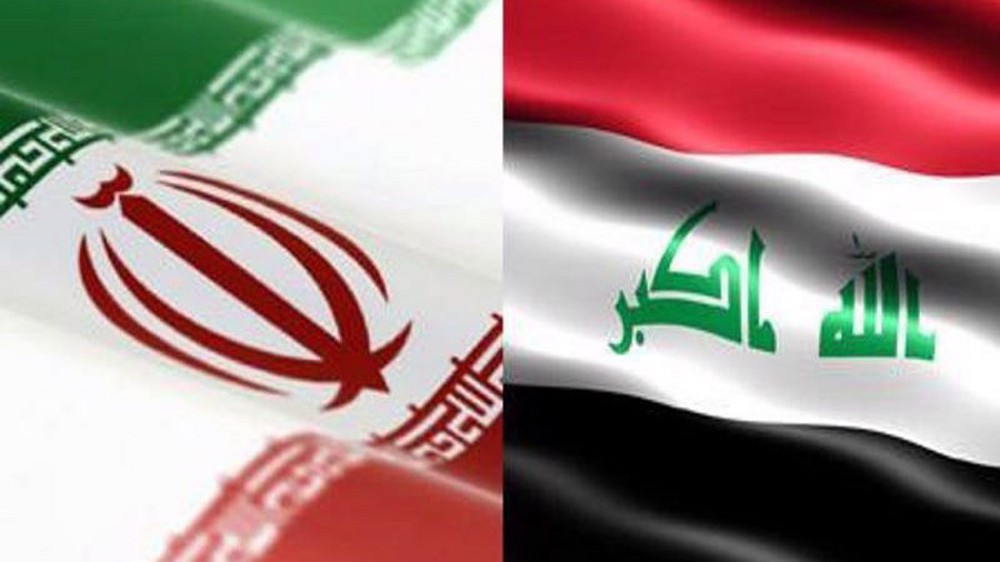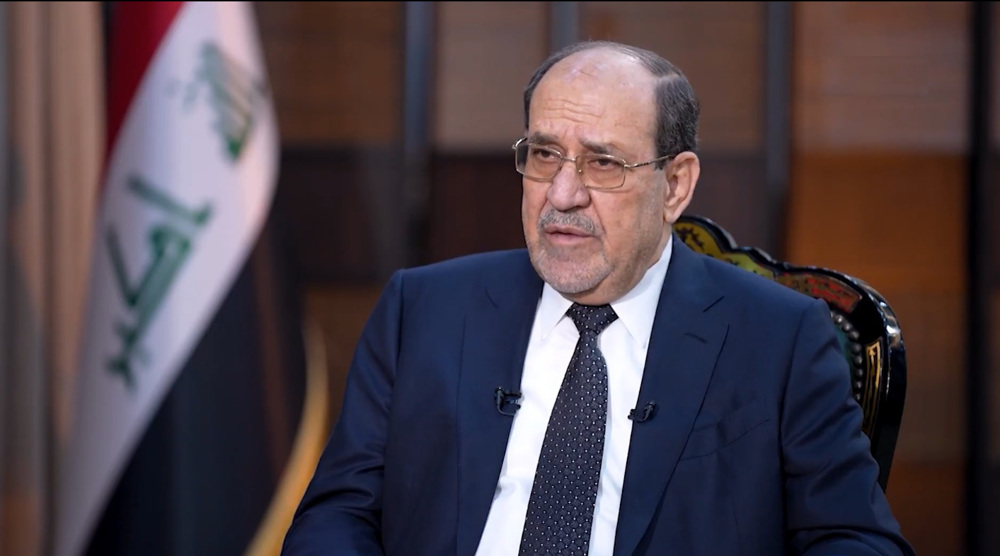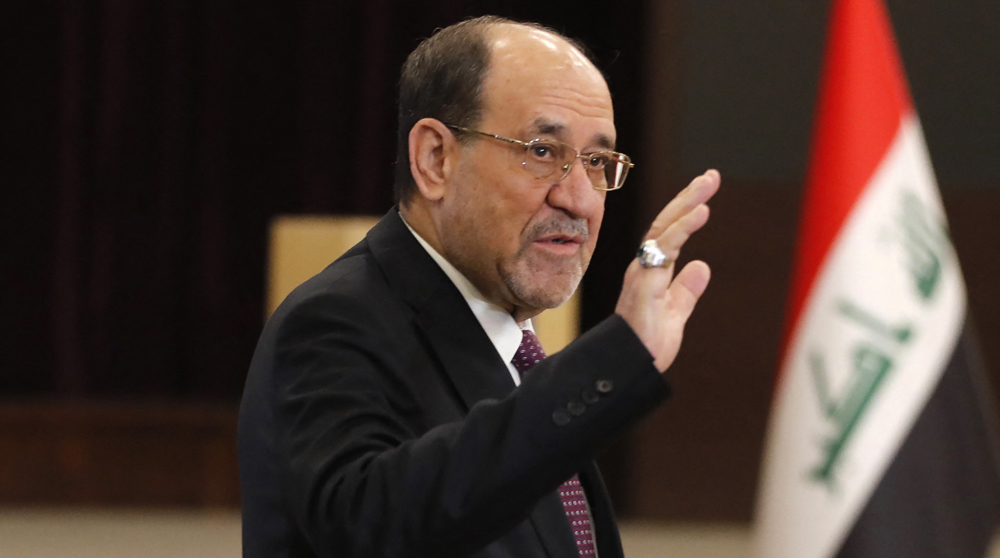US eying ‘long-term’ presence in post-Daesh Iraq
A US military commander has indicated that America may maintain its military presence in Iraq even though the Iraqi military has almost entirely eliminated the terrorist group in the Arab country.
Daesh started a lightning offensive in Iraq in 2014, capturing and occupying territory in the course of the campaign. But the Iraqi military and then-volunteer forces soon regrouped, launching a counter-offensive and retaking every major area that had been held by Daesh.
Since that same year, the US, leading a coalition of countries, has been carrying out aerial operations against what it says are Daesh targets in Iraq.
Iraqi Prime Minister Haider al-Abadi said on Tuesday that the US had begun drawing down its military presence and that US air power would no longer be needed once Daesh is entirely obliterated.
Yet, on Thursday, Lt. Gen. Paul Funk, the US commander of the US-led coalition, hinted that the US needed to prepare for “long-term” presence in Iraq.
“I think we need to structure ourselves to be prepared for a long-term commitment to building partner capacity in this area,” Funk told USA TODAY. “I think that is exactly the way we’re leaning but that will be a decision for the policymakers.”
Funk claimed, “The vast portion of the military piece will morph to a training mission, but it is still required.”
James Jeffrey, a former US Ambassador to Iraq, was cited as saying that the presence of US forces would likely stand at less than 5,000 from the current 5,500.

Seeking a foothold, again
The United States invaded Iraq in 2003 under the banner of “war on terror.” Former US President Barack Obama pulled out all US troops from the Arab country in 2011, ending the American occupation of the country.
But the US sent back forces into Iraq within the framework of the coalition.
US President Donald Trump, who had also as a presidential candidate been critical of the US military intervention in Afghanistan, doubled down on military engagement in that country earlier this year, reversing his long-time stance against continued military presence in Afghanistan.
Jeffrey, the former ambassador, said potential long-term American presence would also help “provide a balance against Iranian influence.”
“Iran remains opposed to any continued US presence, but Washington should be able to convince Baghdad to override Tehran's objections,” he said.
Iran has long maintained that regional affairs should be handled by the countries of the region themselves and that military intervention by extra-regional countries only adds to problems.
There are still reportedly around 12,000 forces in Afghanistan.
Norwegian ambassador resigns over expanding Epstein-linked scandal
Russia will not launch attack on Europe unless struck first: Lavrov
Israeli forces kill three Palestinians, including teen, in raids across Gaza
Israel finalizes execution plans for Palestinian abductees after Knesset vote: Report
VIDEO | Press TV's news headlines
VIDEO | Pakistan mosque attack in Islamabad sparks protests in Kashmir, Kargil
Hamas condemns Israel's 'fascist settler-colonial' project aimed at annexing West Bank
Iran's Greco-Roman wrestling team wins championship title at Zagreb Open 2026














 This makes it easy to access the Press TV website
This makes it easy to access the Press TV website